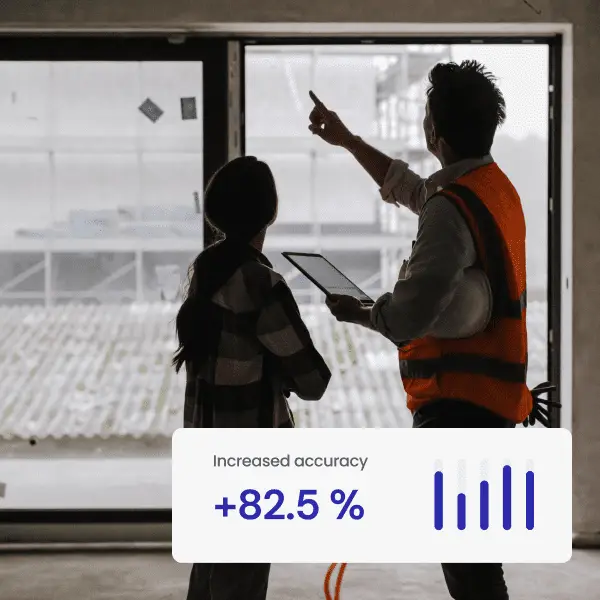Introduction
As the real estate market evolves, so do the demands on home and commercial property inspectors. With clients seeking comprehensive inspections and swift report delivery, staying ahead of the competition is essential. Embracing new technology is the key to achieving both efficiency and maximizing earnings in the inspection industry. In this article, we will explore the top technologies that can empower inspectors to enhance their services, provide more accurate assessments, and ultimately boost their revenue.
- Thermal Imaging Cameras
Thermal imaging cameras are game-changers for property inspectors. These devices use infrared technology to detect temperature variations, revealing hidden issues such as moisture intrusion, electrical hotspots, and insulation deficiencies. By pinpointing problems that may not be visible to the naked eye, inspectors can offer clients a higher level of insight and value. With more accurate assessments, inspectors can command higher fees and earn the trust of clients seeking top-notch inspections.
- Drones for Roof and Exterior Inspections
Drones are revolutionizing how property inspectors assess roofs and exteriors of large commercial buildings and expansive properties. Drones equipped with high-resolution cameras can quickly capture aerial images, providing inspectors with a comprehensive view of the property’s condition. By eliminating the need for ladders and reducing inspection time, drones enable inspectors to take on more assignments, ultimately maximizing their earnings.
- Mobile Inspection Apps
Mobile inspection apps are indispensable tools for property inspectors on the go. These apps allow inspectors to efficiently document findings, capture photos, and generate reports directly on their smartphones or tablets. With real-time data entry and automated report generation, inspectors can complete inspections faster, freeing up more time for additional clients. This increased productivity can lead to higher earnings and greater customer satisfaction.
- Cloud-based Reporting Platforms
Cloud-based reporting platforms streamline the process of generating and sharing inspection reports. Inspectors can upload their findings to the cloud, making it easy to access reports from any location, and share them securely with clients. This technology not only saves time but also enhances professionalism, reinforcing inspectors’ reputation as tech-savvy professionals in the eyes of their clients.
- Artificial Intelligence (AI) for Data Analysis
AI-driven data analysis tools can process vast amounts of inspection data and identify patterns, trends, and potential issues more efficiently than manual analysis. By leveraging AI, inspectors can provide more accurate assessments and make better-informed recommendations to their clients. This cutting-edge technology not only adds value to inspection services but also enhances inspectors’ credibility and expertise.
- Virtual Reality (VR) for Remote Inspections
Virtual Reality (VR) technology opens up new possibilities for remote inspections, especially for clients who may not be able to attend the inspection in person. Inspectors can use VR to conduct virtual walkthroughs with clients, giving them an immersive experience of the property. This technology not only adds convenience for clients but also expands inspectors’ market reach, potentially attracting out-of-state or international clients.
Conclusion
Incorporating new technology into their inspection processes is crucial for home and commercial property inspectors looking to maximize their earnings and stay competitive in the market. Embracing thermal imaging cameras, drones, mobile inspection apps, cloud-based reporting platforms, AI-driven data analysis, and VR technology can significantly enhance the quality of inspections, improve efficiency, and ultimately boost revenue. By investing in the latest technological advancements, inspectors can offer unparalleled services, attract more clients, and solidify their position as industry leaders. Embracing innovation is the path to success in the ever-evolving field of property inspections.

